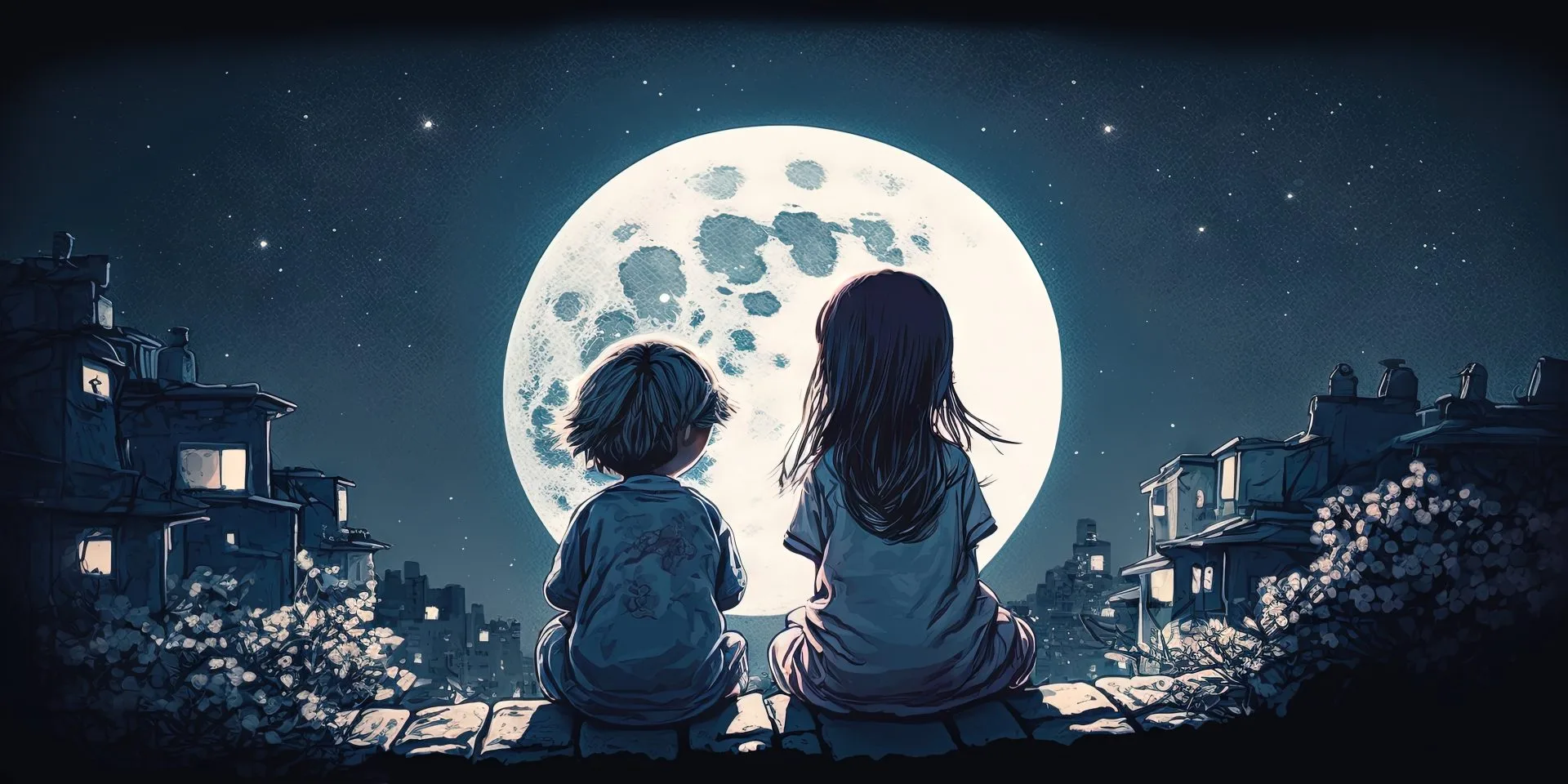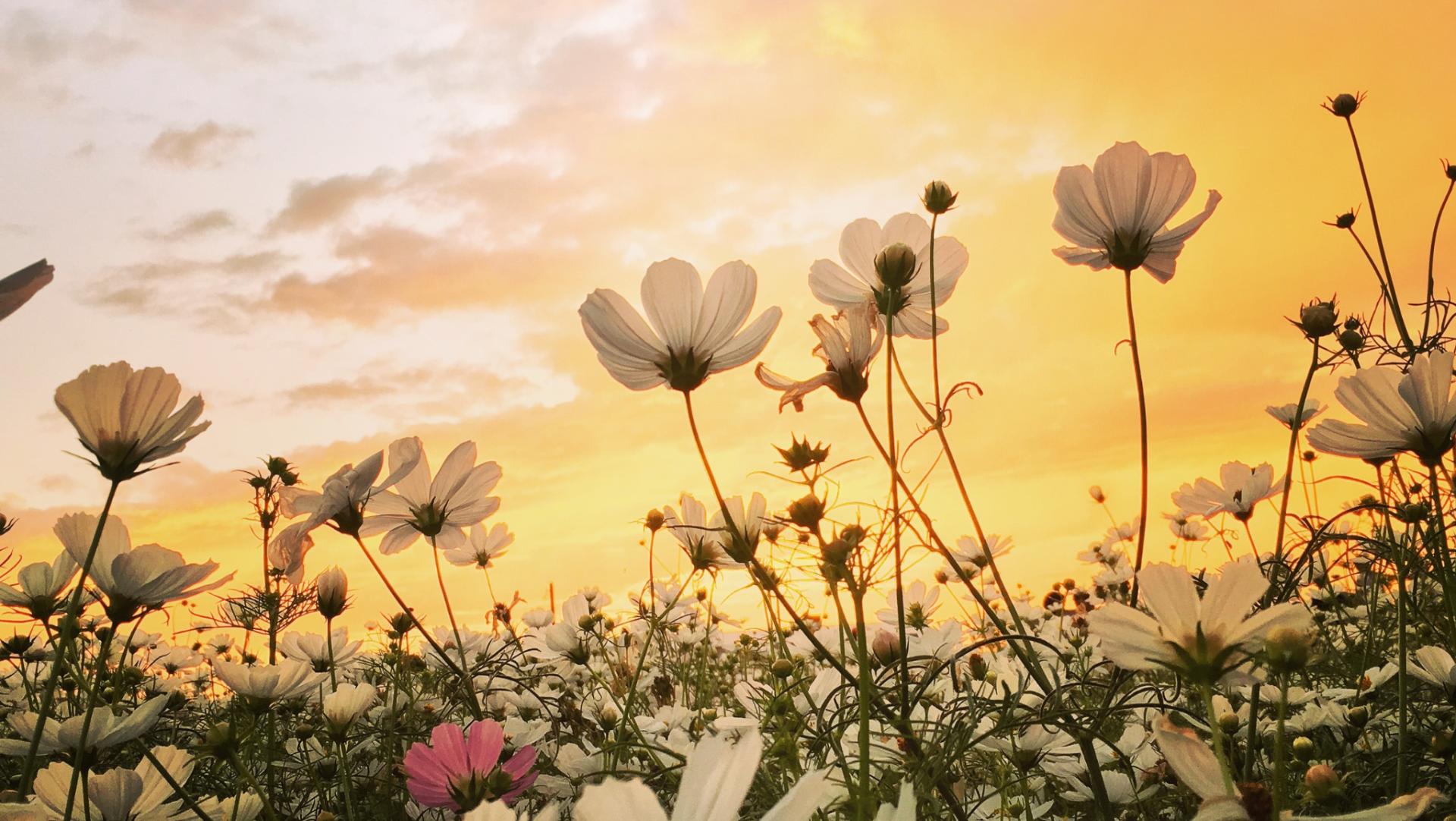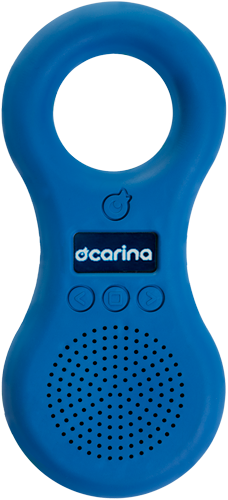Yesterday, April 2, was World Autism Awareness Day. It is an opportunity to talk about this delicate neurological disorder: it is talked about on TV, radio, social networks, in many cities monuments are lit up in blue, someone wears blue bows. Then, silence. We talk about it again the following year. But autism should be a daily topic, we should talk about it at school, at work, in sports halls, in cultural places, everywhere… To raise awareness, to raise consciousness, to celebrate uniqueness rather than diversity, to promote inclusion and information.
On The pOnd, we wanted to talk about the experience of Federica, administrator of the Instagram page “Bambini della luna- Children of the Moon”, created with the aim of sharing materials and activities for children with special needs to play and learn.
“Initially, the page was a space to discuss the autism spectrum, then it turned into a space of activities to create and share with their children/youth, selected, with great care and love, all over the world.”
Federica makes a selection of materials and activities that she then shares: “My page is based on the Montessori method, but in reality I propose activities that have different influences; they are activities for autistic children, but not only… In my posts, I don’t specify an age group to categorise the materials, because each child has his own time. The goal of the project is to involve all children, but also parents, family members, teachers and reference figures, in activities that, at low cost and with valuable recycled materials, can teach and support playing because this is how we learn better.”
Among the main materials and activities offered on the page are many playful and therapeutic activities that, in a creative and entertaining way, stimulate many skills such as attention, concentration, imagination, symbolic play, manual dexterity, fine motor skills and communication.
“Children with autism spectrum disorders, like all children for that matter, prefer certain activities: music is very useful to help them calm down, as well as other more physical activities such as swimming, horse therapy… The important thing is to be able to support them and help them grow with the most appropriate tools and therapies, as well as with a different, but no less profound and intelligent approach. ”
Federica explains that the name of the page ”Bambini della luna – Children of the moon” does not refer to the expression of the psychologist Una Frith, according to whom autistic children are like the reflection of an enigma, fascinating but distant from the world, just like the moon: ”I don’t find that they are distant children, but that they have a different way of communicating… I chose this name because I have always loved the moon, so bright, pure, uncontaminated, which has its phases, just like each of us, and which shines in an almost enchanted way”.
Autism is still very little known and, unfortunately, there is still a lot of misinformation surrounding this disorder. According to Federica, information, education and inclusion are actually the most powerful weapons in the fight against prejudice and ignorance.
“The Awareness Day is an important initiative because it allows to bring to the surface the topic of autism and to inform, but the celebration should be daily, with the support of families, training of teachers, therapists…a fundamental thing is certainly to raise awareness of early diagnosis, which is the only really powerful tool we have.
Early diagnosis is synonymous with greater well-being for the children themselves and for the family context: “Acting early, in a network, makes it possible to structure a personalized pathway aimed at achieving personal and social autonomy, and to promote functional modes of communication to act on problematic behaviors, to support families.”








